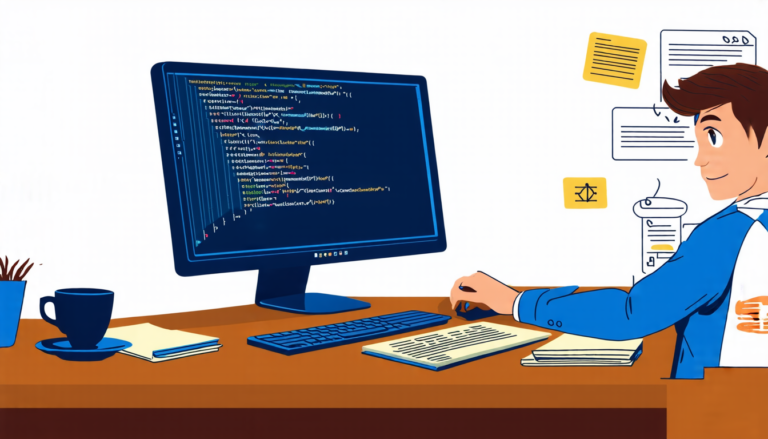Wednesday 16 April 2025
As humans venture further into space, it’s becoming increasingly important to ensure that astronauts remain mentally and emotionally well during long-duration missions. One potential solution is virtual reality (VR) technology, which has been shown to have a positive impact on mental health in various settings.
Researchers have been exploring the use of VR as a psychological countermeasure in isolated and confined environments, such as space stations or Mars colonies. In these situations, astronauts may experience stress, anxiety, and feelings of isolation due to being cut off from their loved ones and familiar surroundings.
One study found that using VR to create immersive natural scenes, such as virtual forests or beaches, can help alleviate symptoms of depression and anxiety in isolated individuals. The technology allows users to explore and interact with the virtual environment, providing a sense of control and agency that can be lacking in real-life situations.
Another benefit of VR is its ability to provide a form of social support. In space, astronauts may not have direct contact with their loved ones for extended periods, which can lead to feelings of loneliness and disconnection. Virtual reality can help bridge this gap by allowing users to interact with virtual avatars or participate in virtual group activities.
The use of VR in space is not without its challenges, however. One issue is the potential for cybersickness, a phenomenon that occurs when the brain receives conflicting signals from the body and senses, causing symptoms such as dizziness, nausea, and headaches. Researchers are working to develop more sophisticated VR systems that can minimize this effect.
Another challenge is the need for high-quality VR equipment that can withstand the harsh conditions of space travel. Virtual reality headsets must be able to operate in low-light environments and withstand extreme temperatures, humidity, and vibrations.
Despite these challenges, researchers remain optimistic about the potential benefits of VR in space. By providing a sense of comfort, social support, and control, virtual reality technology could play a crucial role in maintaining astronauts’ mental health during long-duration missions.
Future studies will focus on refining the use of VR as a psychological countermeasure in space, including developing more advanced avatars and environments that can adapt to individual users’ needs. As we continue to push the boundaries of space exploration, it’s likely that virtual reality technology will play an increasingly important role in supporting the mental health and well-being of astronauts.
Cite this article: “Virtual Reality and Artificial Intelligence: A Promising Duo for Mental Health in Space Exploration?”, The Science Archive, 2025.
Astronauts, Virtual Reality, Space Exploration, Mental Health, Psychological Countermeasure, Isolation, Depression, Anxiety, Cybersickness, Space Travel







